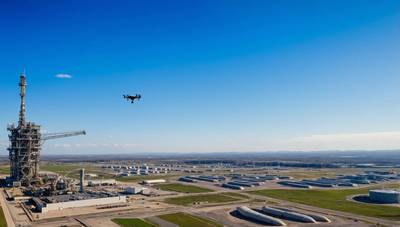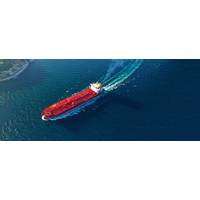US launches national security investigations into imported polysilicon, drones
The U.S. Commerce Department announced on Monday that it had opened national security inquiries into the importation of drones, related components and polysilicon. Polysilicon is a critical component in solar cells and semiconductors.
The "Section 232", investigations that were launched on July 1, but had not been publicly announced before, could serve as a basis to impose even higher tariffs for imported drones, polysilicon, and derivatives thereof.
The Trump administration opened many national security investigations including those into the importation of commercial aircraft, jet engine parts and engines, medium and heavy duty trucks and their parts, semiconductors, and pharmaceuticals.
The vast majority of commercial drones sold in the United States are from China. Washington has increased its crackdown on Chinese drones in the past few years. DJI, which is the largest drone manufacturer in the world, sells over half of all commercial drones sold in the United States.
In December, then-President Joe
Biden signed legislation which could ultimately lead to a change in the law
Ban DJI and Autel's new drone models from being sold in the United States
In January, under Biden, the Commerce Department said that it was looking at rules to limit or ban Chinese drones from the U.S. citing concerns about national security.
Last month, President Donald Trump issued an executive order aimed at boosting U.S. drone manufacturing.
The Association for Uncrewed Vehicle Systems International (AUVSI) said that it supports the drone investigation, which will examine supply chain concentration, domestic manufacturing capacity, as well as the role of foreign subsidy and pricing practices.
"The dependence on adversary-manufactured systems that are dumped in the U.S. below market value due to foreign government subsidies has also stifled the growth of a secure American drone industrial base, undercutting innovation, and forcing U.S. manufacturers to compete on an uneven playing field," said AUVSI CEO Michael Robbins.
(source: Reuters)

